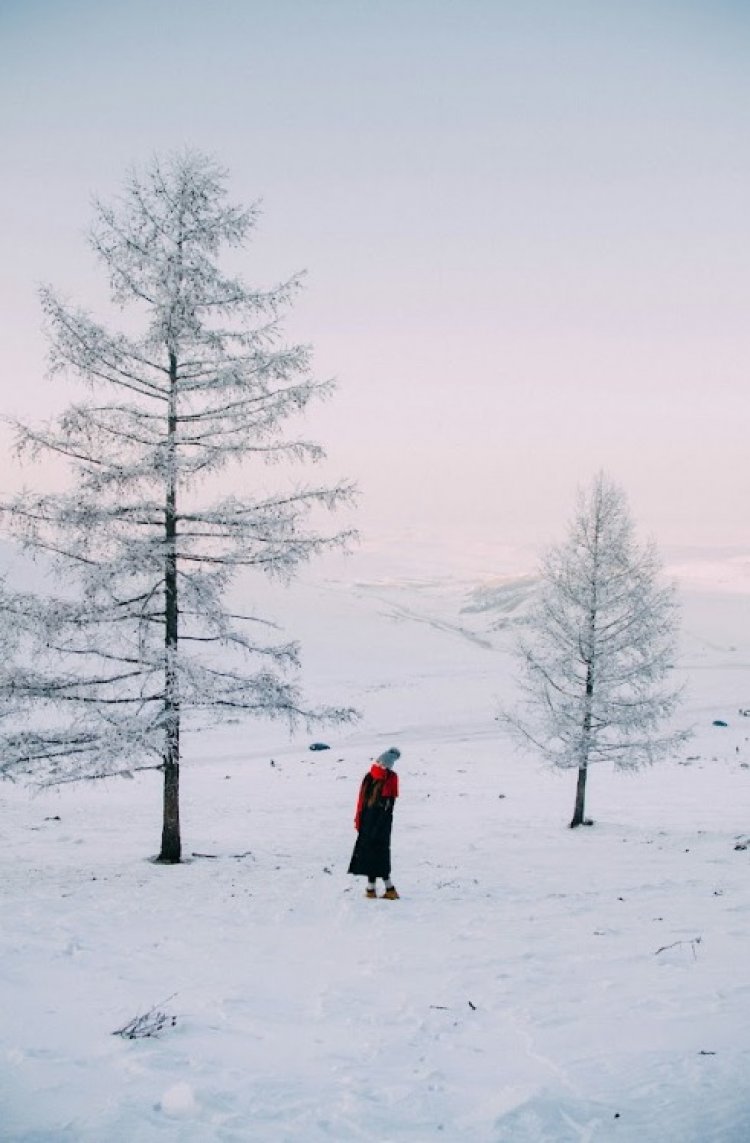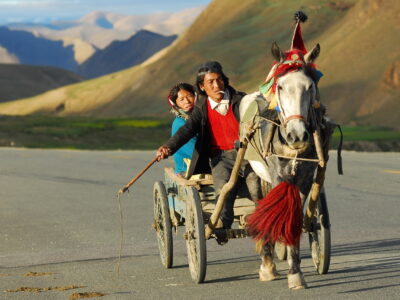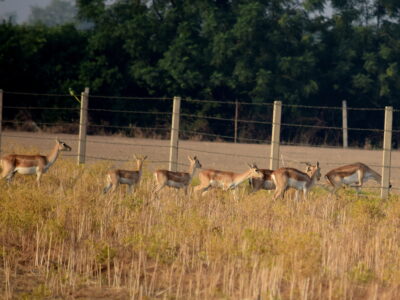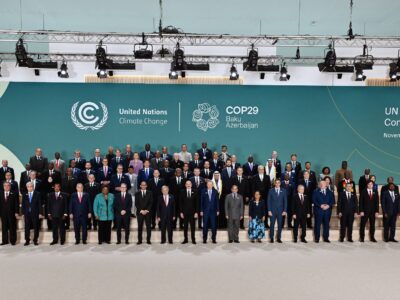Mongolia is facing their harshest winter. The “dzuds” are rigorous winter conditions that involve intense cold, substantial snow, and strong winds. The nomadic herders of Mongolia find themselves in a challenging position to maintain their livelihood due to the extreme weather conditions.







Comments